A single ticket sold in Georgia has changed someone’s life forever. The Mega Millions jackpot, which soared to $980 million, was won Friday night by a player who overcame odds of 1 in 290.5 million—roughly the same as being struck by lightning multiple times in one year.
The winning numbers were 1, 8, 11, 12, 57, and the Mega Ball 7.
According to Mega Millions officials, the winner can either choose an annuity paid over 30 years or a one-time lump sum of $452.2 million before taxes. The winning ticket marks the fifth Mega Millions jackpot of 2025, following 40 consecutive drawings without a winner—a record streak in the game’s history.
The life-changing sum has once again fueled America’s collective fascination with luck, fortune, and the mysterious aftermath that follows those who hit it big.
The Dream of a Lifetime
Across gas stations, supermarkets, and liquor stores, hopeful players lined up all week, imagining what nearly a billion dollars might buy—freedom from bills, college tuition for generations, or a home in every time zone.
Since its launch in 2002, Mega Millions has minted dozens of multimillionaires, with jackpots now regularly topping half a billion dollars thanks to higher ticket sales and rolling prizes.
The current win is the eighth-largest in Mega Millions history, but far from the biggest in U.S. lottery lore. That title still belongs to the $2.04 billion Powerball jackpot hit in California in November 2022.
While some winners go on to live quietly and wisely, history reminds us that winning the lottery often brings as many problems as it solves.
The Good: Rags to Riches
For every cautionary tale, there are stories of transformation and generosity.
In 2013, Gloria Mackenzie, an 84-year-old widow from Florida, won $590 million in Powerball and became one of the oldest jackpot winners in history. She quietly donated much of her winnings to family and local charities.
In 2018, a South Carolina woman claimed a $1.5 billion Mega Millions jackpot, taking home nearly $878 million after taxes—the largest single-ticket win ever recorded. She remained anonymous, donating tens of millions to support disaster relief and education.
Then there’s Brad Duke, a Powerball winner from Idaho who turned his $85 million payout into an investment portfolio worth far more by focusing on long-term planning rather than lavish spending.
These winners remind the world that financial windfalls, when handled wisely, can truly change lives for the better—not just for one person, but entire communities.
The Bad: The “Lottery Curse”
Yet for many, sudden fortune has proven more curse than blessing.
Studies by the National Endowment for Financial Education suggest that 70% of lottery winners go broke within five years. The reasons are predictable: overspending, mismanagement, predatory friends, and a lack of emotional preparedness for such a dramatic shift in status.
Take Jack Whittaker, who won a $315 million Powerball jackpot in 2002. Initially hailed as a small-town hero in West Virginia, his life spiraled into tragedy—marked by lawsuits, thefts, addiction issues, and the deaths of close family members. He later said, “I wish I’d torn up the ticket.”
Another famous case, Abraham Shakespeare, won $30 million in Florida in 2006 and was murdered three years later by a woman who befriended him to steal his fortune.
Money can’t buy peace of mind, experts say—it only amplifies what’s already there.
The Ugly: Addiction and Exploitation
Beyond individual winners, the lottery system itself raises questions about fairness and social impact.
Critics argue that lotteries disproportionately target low-income communities, effectively functioning as a “tax on the poor.” According to a 2024 report from the Howard Center for Investigative Journalism, Americans spent more than $110 billion on lottery tickets last year—more than on movies, music, and sports combined.
While half of each ticket’s revenue stays in the state where it’s sold—often funding education or infrastructure—the burden falls heavily on those least able to afford it.
Meanwhile, problem gambling continues to grow. The National Council on Problem Gambling reports that up to 3 million Americans suffer from severe gambling addiction, with lotteries ranking among the most common entry points.
Anyone struggling can call the National Problem Gambling Helpline at 1-800-522-4700, which connects callers to local support services.
The Psychology of Luck
Psychologists say lottery winners often experience a kind of post-traumatic success disorder—a sudden upheaval that strains relationships and identity.
Dr. Rachel Lin, a behavioral economist at Stanford, notes: “Winning the lottery creates emotional whiplash. People believe money will solve their problems, but what it really does is magnify them. You lose privacy, you lose trust, and you gain pressure.”
Many winners describe an overwhelming sense of isolation once the thrill fades. Friends and strangers alike come knocking. Some change phone numbers. Others move towns. The fantasy of endless joy often gives way to exhaustion and anxiety.
The Hope and the Lesson
Despite the pitfalls, the American dream of instant fortune endures. Every Mega Millions drawing sparks a collective “what if?”—a moment of shared possibility that transcends class, geography, and politics.
For Georgia’s newest multimillionaire, that dream has become reality. Whether it leads to a life of fulfillment or regret will depend not on luck, but on wisdom.
As history shows, winning the lottery is less about the numbers you draw and more about the choices you make afterward.

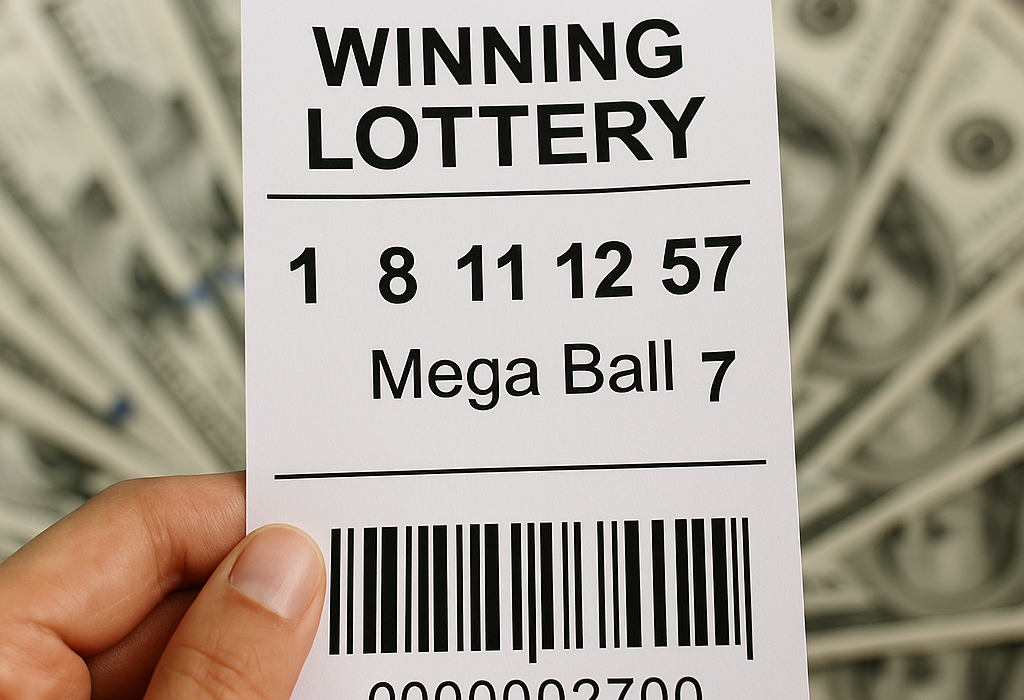


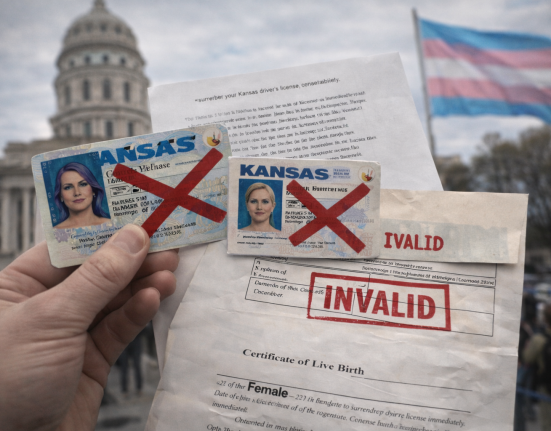
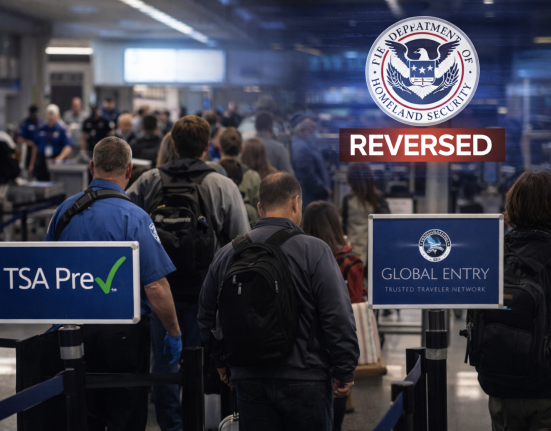
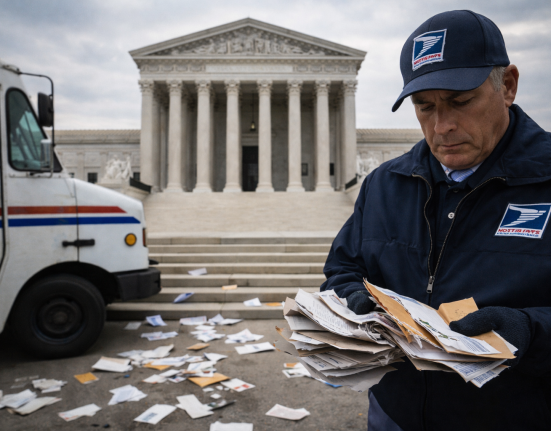
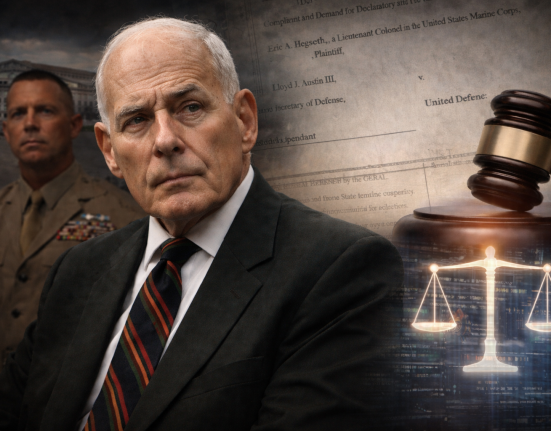
Leave feedback about this
You must be logged in to post a comment.